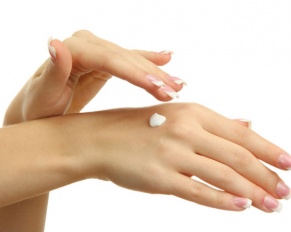Understanding Skin Changes in Senior Care As we age, our skin becomes more susceptible to dryness, losing its natural oils…


Understanding Skin Changes in Senior Care As we age, our skin becomes more susceptible to dryness, losing its natural oils…

As the weather goes through changes, so does the human body. When temperatures drop, many people report experiencing an unexpected and unpleasant change in their skin. It is common to develop itchy or dry skin during the frigid winter months. The hallmark symptoms of this condition include chapped lips, cracked hands, and tightness. While dry skin can be uncomfortable and bothersome, there are numerous steps to take that can alleviate and prevent uncomfortable, dull winter skin.
 Everyone loves the magic and allure of a winter wonderland, with its Christmas sparkle and rich, crystal beauty. But nobody loves what winter’s harsh winds and dry air can do to their skin. First, there are those harmful UV rays. Did you know they can age you faster than just about everything else? This is a fact, which is why you not only need sunscreen on those days you head out for a sunny day at the beach; you also need it through the winter to minimize the sun’s effects, especially for skin cancer prevention. Then there’s the cold. Those frosty winds whipping around your face and other skin surfaces can dry out your skin, leaving it rough and scaly. And, finally, because of all those frigid temps, you’re likely turning up the heat inside your home, which is like adding insult to injury on your poor skin cells. And there you have it… the perfect combination for turning soft, supple skin into a veritable alligator bag. Following are some tips from dermatologists in New Jersey on how to prevent sun damage to skin in winter.
Everyone loves the magic and allure of a winter wonderland, with its Christmas sparkle and rich, crystal beauty. But nobody loves what winter’s harsh winds and dry air can do to their skin. First, there are those harmful UV rays. Did you know they can age you faster than just about everything else? This is a fact, which is why you not only need sunscreen on those days you head out for a sunny day at the beach; you also need it through the winter to minimize the sun’s effects, especially for skin cancer prevention. Then there’s the cold. Those frosty winds whipping around your face and other skin surfaces can dry out your skin, leaving it rough and scaly. And, finally, because of all those frigid temps, you’re likely turning up the heat inside your home, which is like adding insult to injury on your poor skin cells. And there you have it… the perfect combination for turning soft, supple skin into a veritable alligator bag. Following are some tips from dermatologists in New Jersey on how to prevent sun damage to skin in winter.